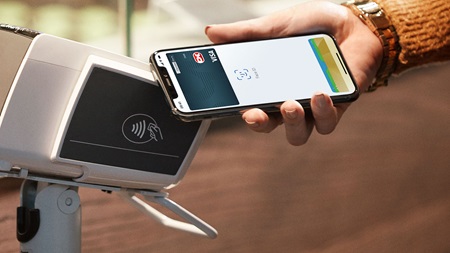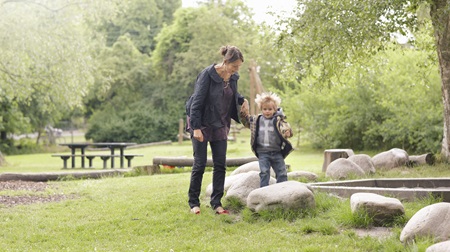Using cards or digital payments
Know how to protect yourself when you
- use your card in a shop, restaurant or ATM
- make payments and transfers
- shop online
- spot an unusual transaction on your card
- receive emails, text messages and phone calls
Find useful tips about detecting financial crime and learn how to avoid becoming a victim
Read more on our cards and digital payments site, where you can also find tips to help you protect yourself from financial crime when you use your payment card or make digital payments and transfers. The site also explains the financial crime risks that you are exposed to when you make payments.
Please contact us immediately on +45 70 123 456 if you suspect that you have been a victim of fraud.




